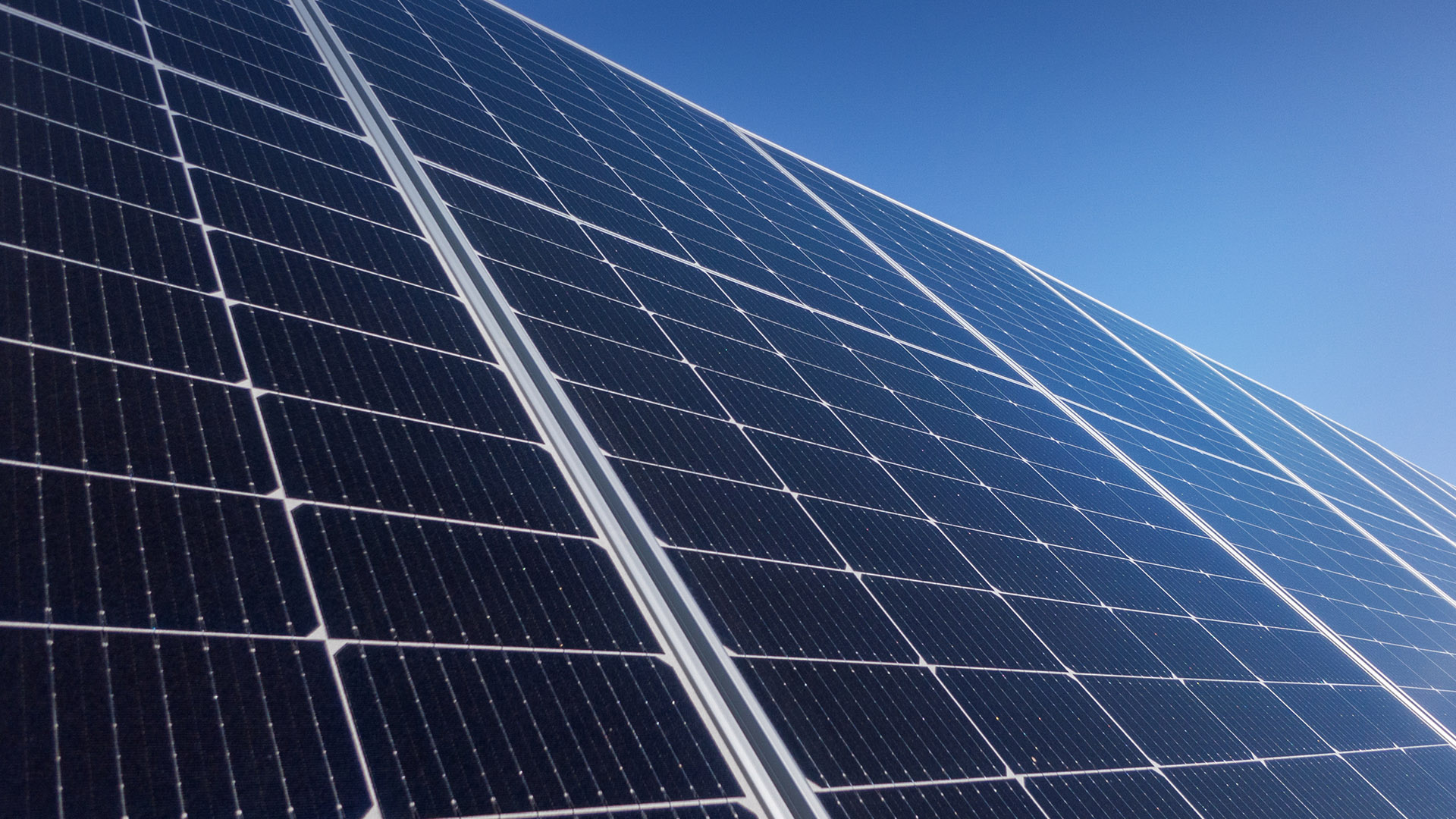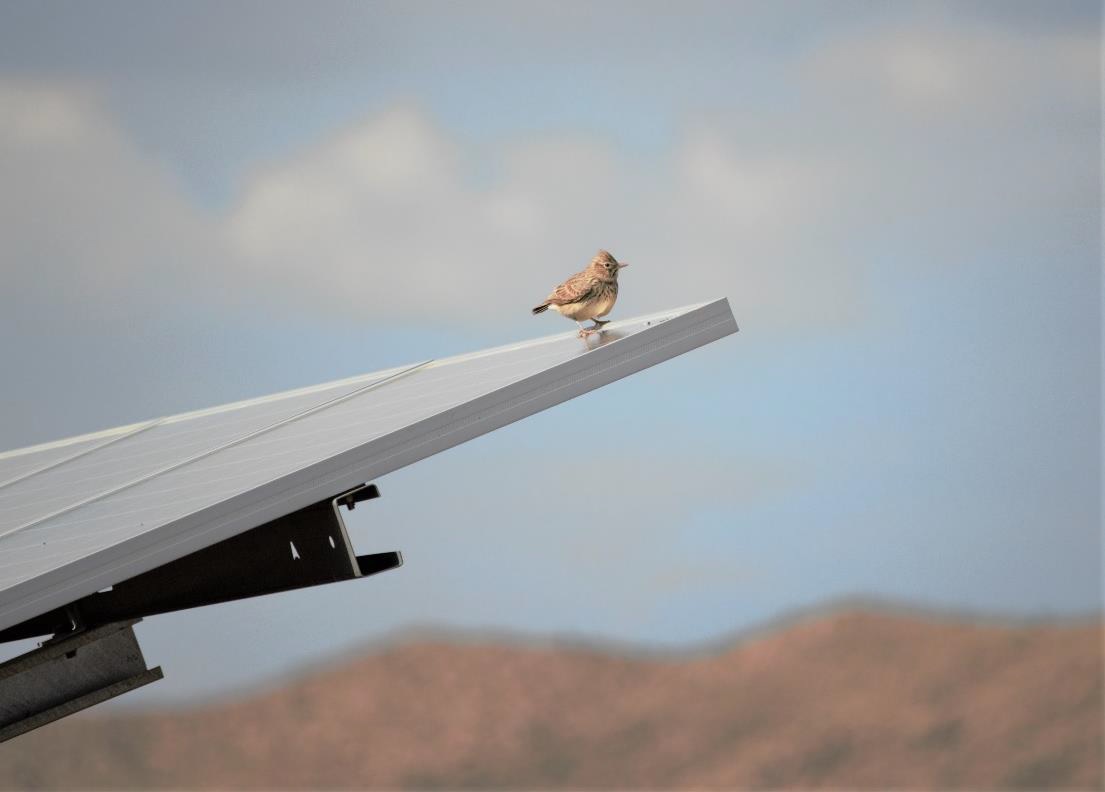

Aquila Clean Energy and Euder Energy receive the UNEF Seal of Excellence for Sustainability for three solar plants in Soria and Palencia

— The three solar plants have an installed capacity of 152 MW
— Plants feature environmental and social integration measures to protect the surrounding biodiversity and generate a positive impact in the region
— Projects will employ 532 people and produce enough energy to supply 74,000 homes
Madrid, July 4, 2023 – Three solar plants being jointly developed by Aquila Clean Energy and Euder Energy in Soria and Palencia in Spain have received the Seal of Excellence for Sustainability from the Spanish Photovoltaic Union (UNEF) for their environmental and social measures.
The plants have been recognised for their integration into the landscape and for protecting biodiversity. The Seal also distinguishes the ties the developers have established with the local community aimed at generating a positive impact in the region.
Maria Ganado, who heads Aquila Clean Energy’s sustainability efforts in Spain, says: “It is an honour to have our work qualified as excellent by such an important industry association. We will continue working to contribute to the energy transition with the greatest respect for the environment and hand in hand with local communities”.
Francisco Cornet and Francisco Poblador founding partners of Euder Energy, say: “We receive this recognition for excellence in sustainability for the three plants currently being developed by Euder Energy and Aquila Clean Energy in Matalebreras (Soria) and Páramo de Boedo (Palencia) with great satisfaction. This is the result of the effort, choice of location and four years of development work, culminating in achieving such recognition by UNEF”.
In order to obtain the UNEF Seal of Excellence, facilities must meet very specific requirements that are thoroughly analysed to ensure compliance.
These requirements are related to the creation of local employment, economic benefits and agreements with local authorities, as well as the environmental integration of facilities, or the recycling of materials used both in construction and decommissioning.
The three plants meet all these requirements enabling them to join a select group of projects that have received such certification for social and environmental sustainability.
Local employment has been promoted in Matalebreras, the municipality where the plants are being developed, with a free office automation training course. This has increased the positive socioeconomic impact of the project, giving new opportunities to the region’s inhabitants.
At an environmental level, the plant will have a hunting fence that will allow local fauna to pass through, as well as a plant screen and nest boxes for birds of prey in suitable locations, both within the park and in the surrounding area. Two majanos – groups of rocks – will also be created from natural stone for the promotion of the European owl.
In addition, specimens of holm oak and hawthorn will be planted, as well as interior tiles of blackthorn, sage, gorse and wild rose to provide food and shelter for local fauna in the solar plant’s surroundings.
At the Páramo de Boedo solar plant, native species will be planted under the photovoltaic panels in addition to trees such as Pyrenees and ash elsewhere. In addition, 21 hectares will be allocated to an agro-environmental plan where cereal cultivation areas (or fallow areas) will be established that will help with the conservation of steppe birds in the area.
The plants, which will have a total generating capacity of 152 MW, will create around 532 jobs and produce enough energy to supply 74,000 homes, avoiding the emission of 73,000 tonnes of CO2 per year.
These projects are in their development phase after having obtained a positive environmental impact declaration (DIA) in January 2022 and prior administrative authorisation (AAP) a few months later.